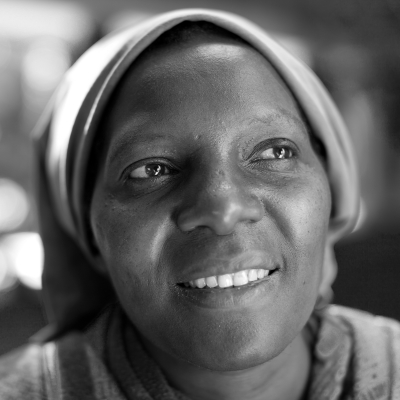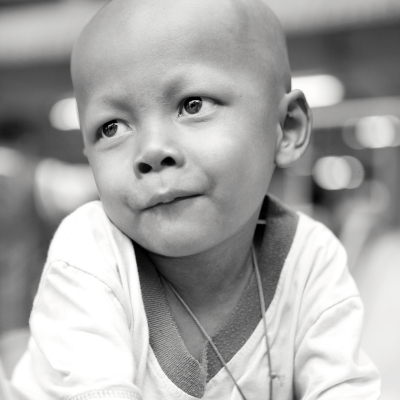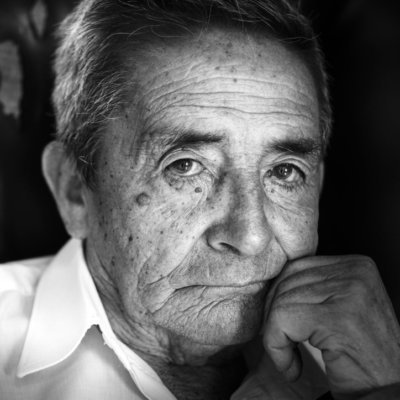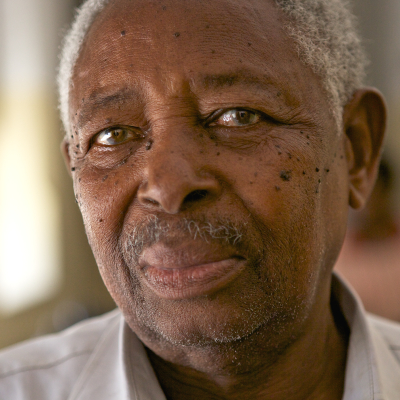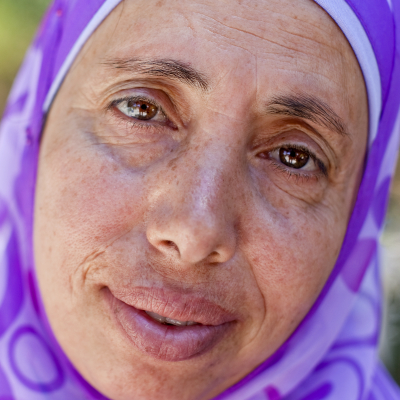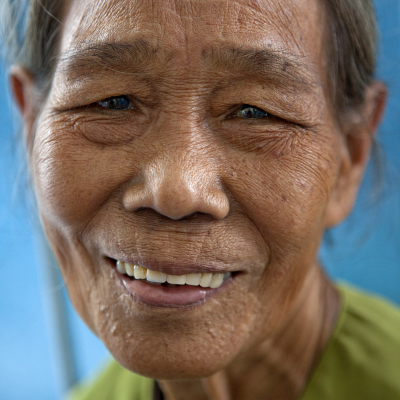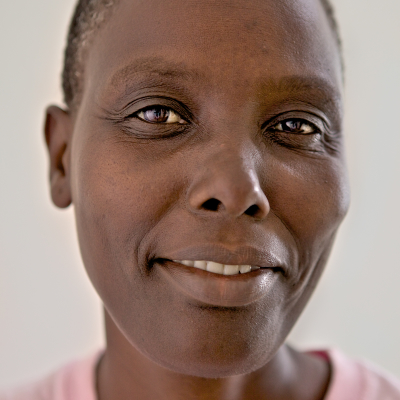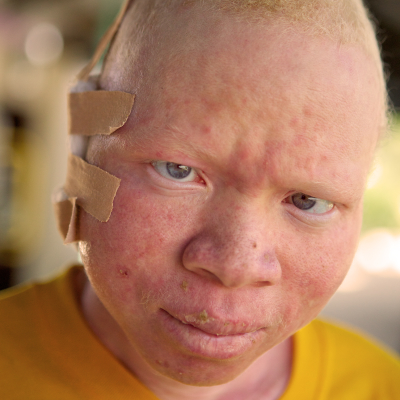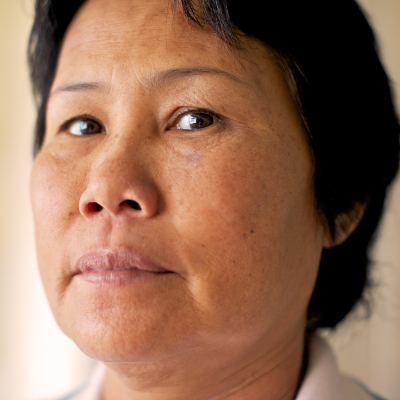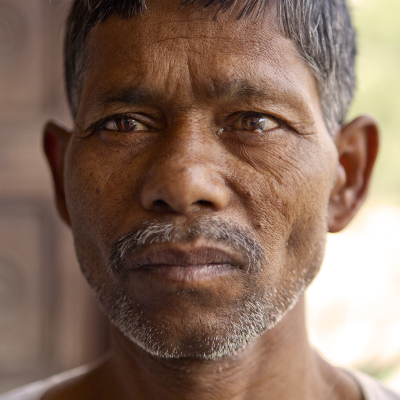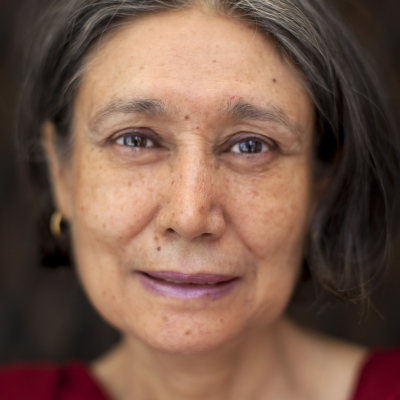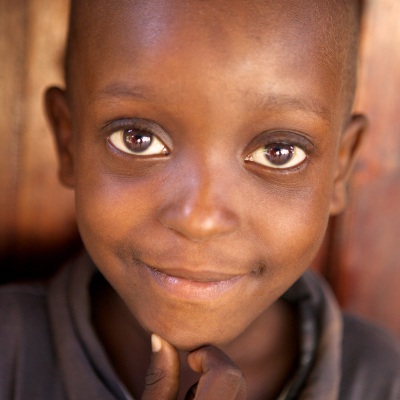GRACE – Gender‑Responsive Action for Cancer Equity
Transforming Cancer Care Through Gender Equity
GRACE is a structured framework designed to integrate gender-responsive and people-centered approaches into cancer care systems—ensuring that prevention, treatment, and survivorship support are equitable, inclusive, and sustainable.
By generating evidence, empowering local stakeholders, and driving global advocacy, GRACE addresses systemic inequities in access to cancer care, particularly for women and underserved populations in low- and middle-income countries (LMICs). The framework is currently being implemented in León (Mexico), Nairobi (Kenya), and Tbilisi (Georgia)—three diverse urban settings where gender-related disparities directly impact cancer outcomes.
GRACE is a research and implementation initiative co-led by Global Focus on Cancer (GFC), supported by Eli Lilly and Co., and aligned with City Cancer Challenge (C/Can)’s Gender Strategy—ensuring that gender equity is embedded as a core component of cancer system reform.
Key Focus Areas
GRACE Communities
Empower women as active participants in co-creating solutions, ensuring interventions are locally relevant, culturally appropriate, and sustainable.
Recognize and integrate lived experience—ensuring that the voices of women affected by cancer inform policy and program development.
Implement Gender-Responsive Strategies
Address gender disparities by prioritizing policies and interventions that remove barriers to early detection, treatment, and supportive care.
Embed equity, inclusivity, and accessibility in healthcare systems, ensuring that cancer care meets the needs of diverse populations.
Scale for Broader Impact
Use research-driven insights to guide national-level adoption and integration into broader health equity efforts.
Expand beyond cancer care—leveraging lessons learned to influence gender equity in healthcare more broadly.
A Gender-Responsive Research & Implementation Framework
GRACE applies a structured gender analysis, research methodology, and action-based interventions to identify and address barriers that women face in accessing cancer care. The framework ensures that policies and programs are:
Rooted in evidence – Generating granular data on gender disparities and social determinants of health.
People-centered – Addressing the needs of individuals, families, and communities in a dignified and inclusive manner.
Sustainable – Ensuring that interventions create lasting change, both in cancer care and the broader health system.
Positioning GRACE in the Global Movement for Cancer Equity
GRACE is more than a project—it is part of a movement to ensure fairness and equitable access for women in all aspects of cancer care. By aligning with global health frameworks, GRACE contributes to systemic reforms that center on the dignity, agency, and empowerment of people affected by cancer.
Strategic Objectives of GRACE
Evidence Generation – Build a comprehensive understanding of gender-based barriers in cancer care through data-driven research.
Capacity Building – Equip civil society organizations (CSOs), healthcare providers, and policymakers with the tools to integrate gender-responsive, people-centered approaches into practice.
Policy & Advocacy – Disseminate findings to inform systemic reforms, influence policy decisions, and drive global advocacy for equitable cancer care.
Through collaboration with City Cancer Challenge Foundation and local stakeholders, GRACE is shaping the future of gender-equitable cancer care—recognizing that when we lift up the most vulnerable, we strengthen entire health systems, creating a more just and inclusive society where every person receives care that respects their needs and preferences.
Why GRACE Matters
Gender equity is essential for health equity—women continue to face unique barriers to cancer care that must be addressed at a systemic level.
People-centered care leads to better outcomes—ensuring that lived experience is not just considered, but central to policy and program design.
Advocacy backed by evidence creates impact—GRACE strengthens civil society’s role in policy change, ensuring that gender-responsive solutions are prioritized in national and global health agendas.
Through GRACE, research becomes action, and advocacy becomes policy.

